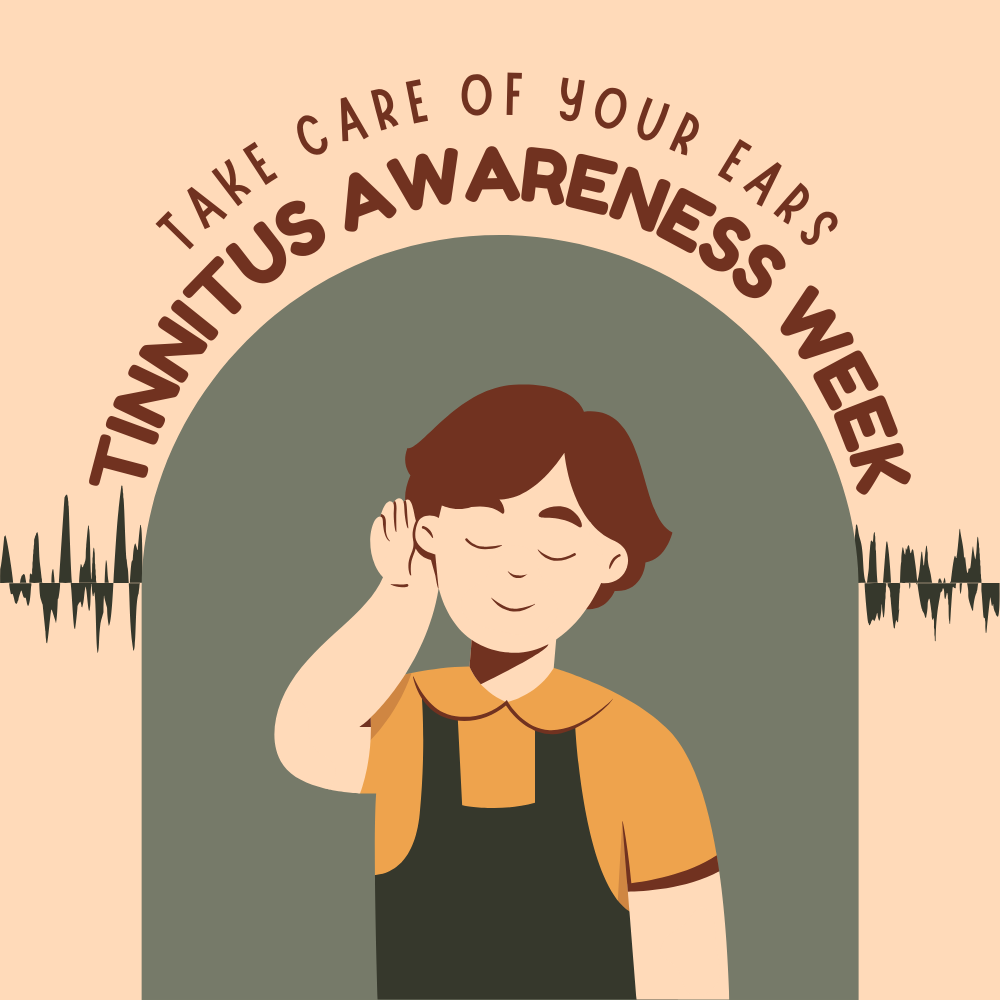
Tinnitus Awareness Week, observed annually, shines a spotlight on a condition that affects millions of people worldwide.
This year, from February 5th to February 11th, communities, healthcare professionals, and organizations join hands to raise awareness about tinnitus, its impacts, and available support.
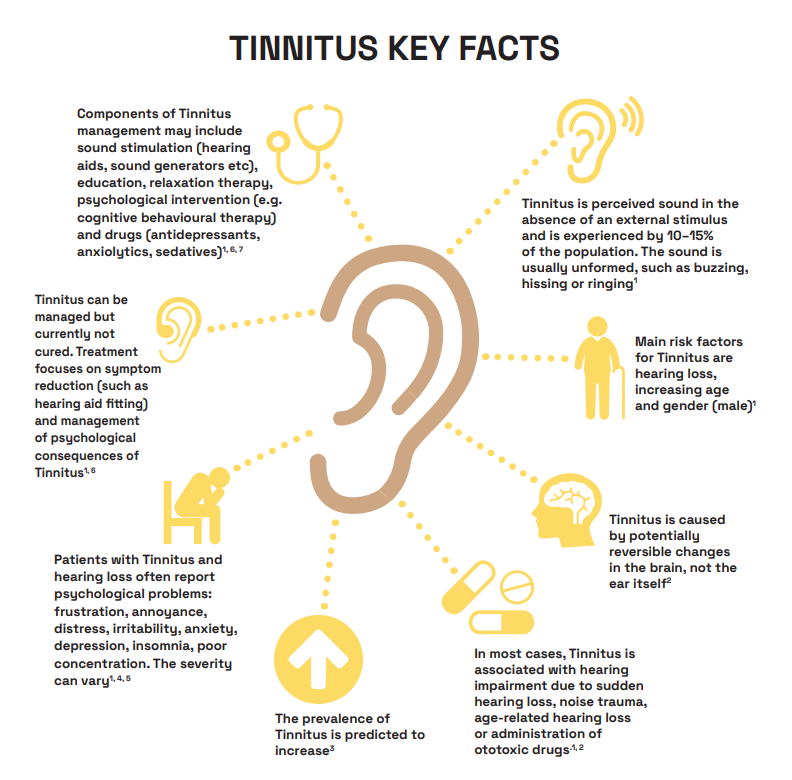
Tinnitus is the perception of sound in the ears or head when there is no external source.
Often described as ringing, buzzing, hissing, or humming, tinnitus can vary in intensity and frequency.
While it’s not a disease itself, tinnitus is often a symptom of an underlying condition, such as hearing loss, ear injury, or circulatory system disorder.

The effects of tinnitus extend far beyond the perceived noise.
It can disrupt sleep, concentration, and overall quality of life.
Persistent tinnitus may lead to anxiety, depression, and stress, affecting mental health and social interactions.
Many individuals find it challenging to cope with the constant noise, leading to feelings of frustration and isolation.
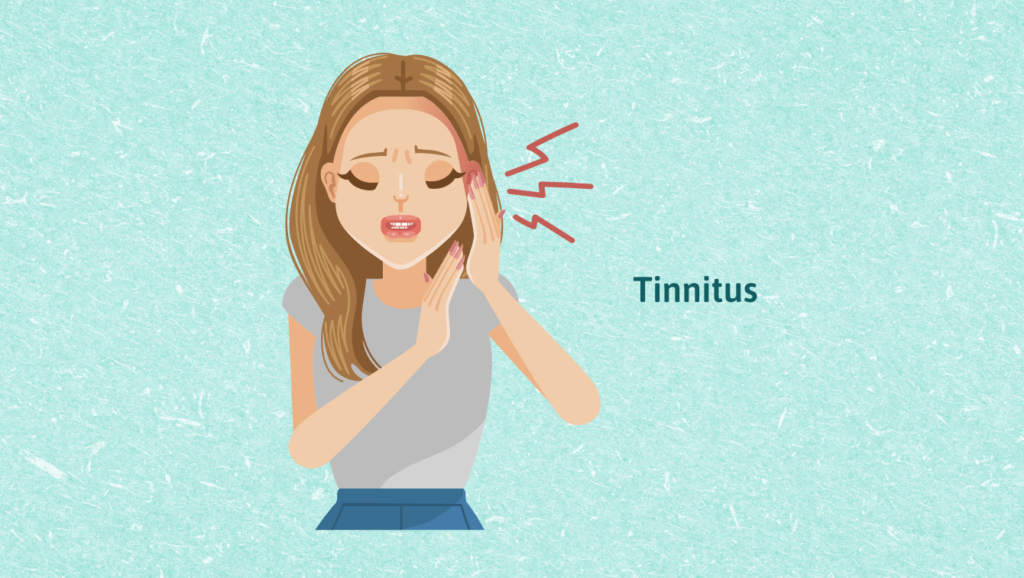
By increasing awareness, we can:
1. Promote Understanding: Many people are unaware of tinnitus or its effects. By shedding light on the condition, we foster empathy and support for those living with it.
2. Encourage Early Intervention: Early detection and management are key to minimizing the impact of tinnitus. Awareness campaigns encourage individuals to seek help and explore treatment options sooner rather than later.
3. Combat Stigma: Tinnitus is sometimes dismissed or trivialized, leading to stigma around seeking help. Awareness initiatives work to de-stigmatize the condition and encourage open conversations about hearing health.
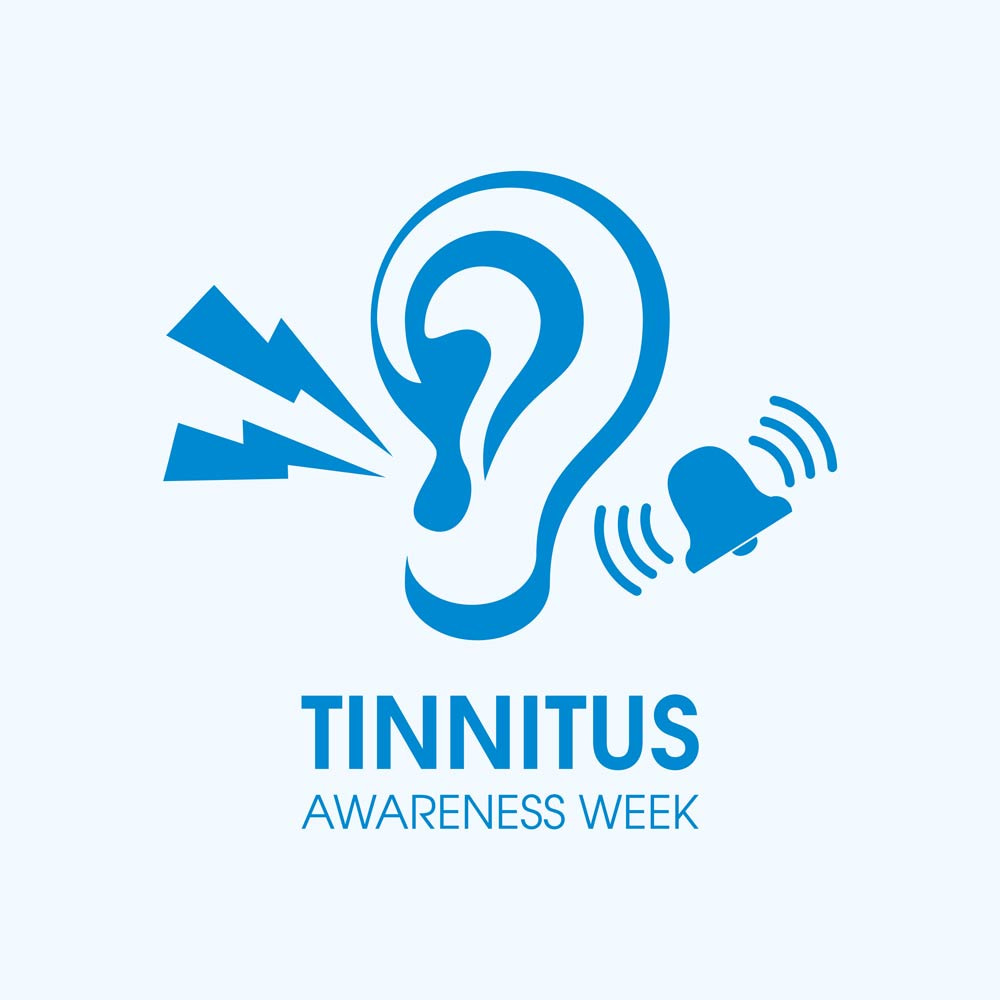
Support and Resources
During Tinnitus Awareness Week, individuals are encouraged to explore available resources and support networks. These may include:
Healthcare Professionals: Hearing Instrument Practitioners, Audiologists, Otolaryngologists specialize in diagnosing and managing tinnitus. Seeking professional guidance is essential for personalized treatment plans.
Support Groups: Joining support groups or online forums allows individuals to connect with others facing similar challenges. Sharing experiences and coping strategies can provide valuable emotional support.
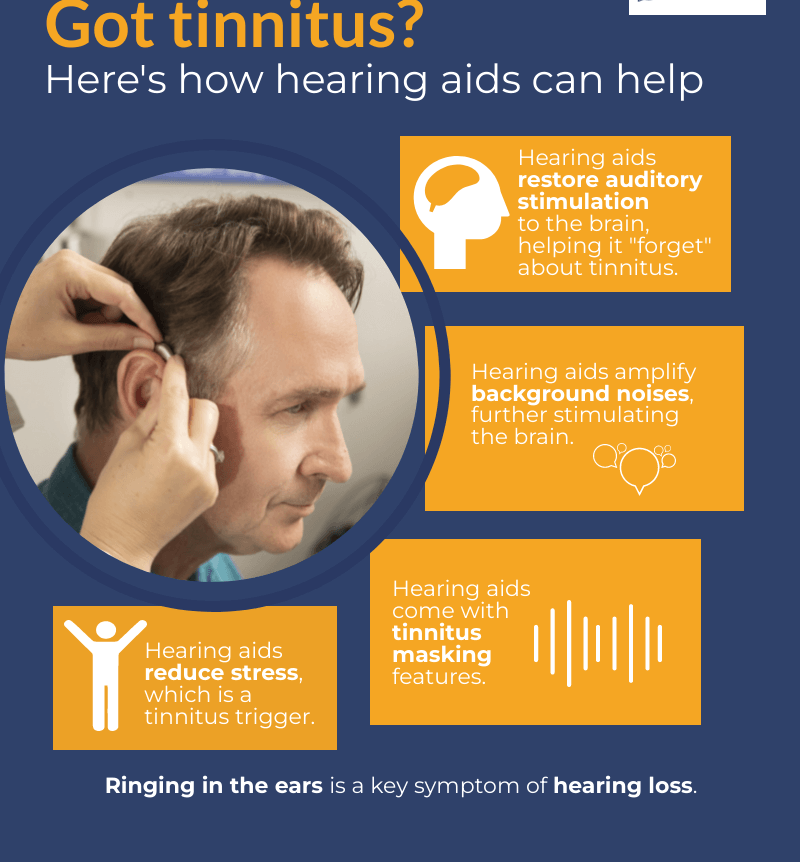
Conclusion
Tinnitus Awareness Week serves as a reminder of the importance of listening to our bodies and taking proactive steps to safeguard our hearing health.
By raising awareness, promoting understanding, and providing support, we can empower individuals living with tinnitus to manage their condition and lead fulfilling lives.
Let us unite in support of those affected by tinnitus and work towards a future where hearing health is prioritized and celebrated.


